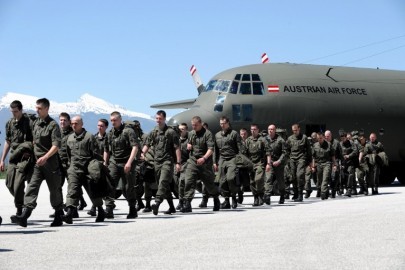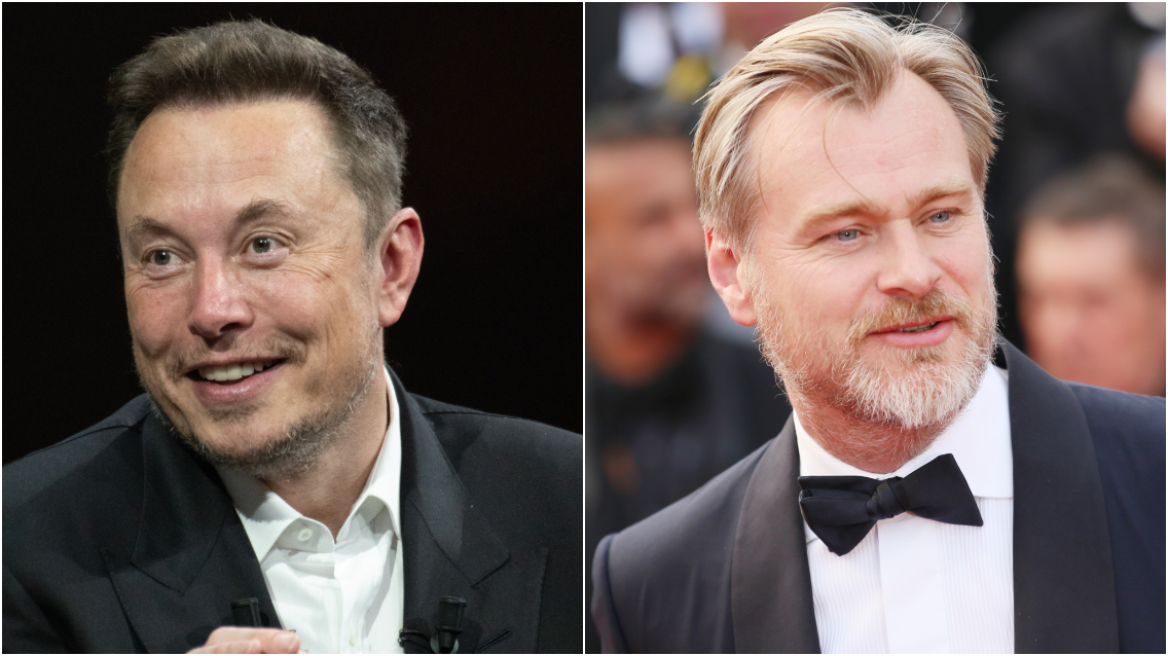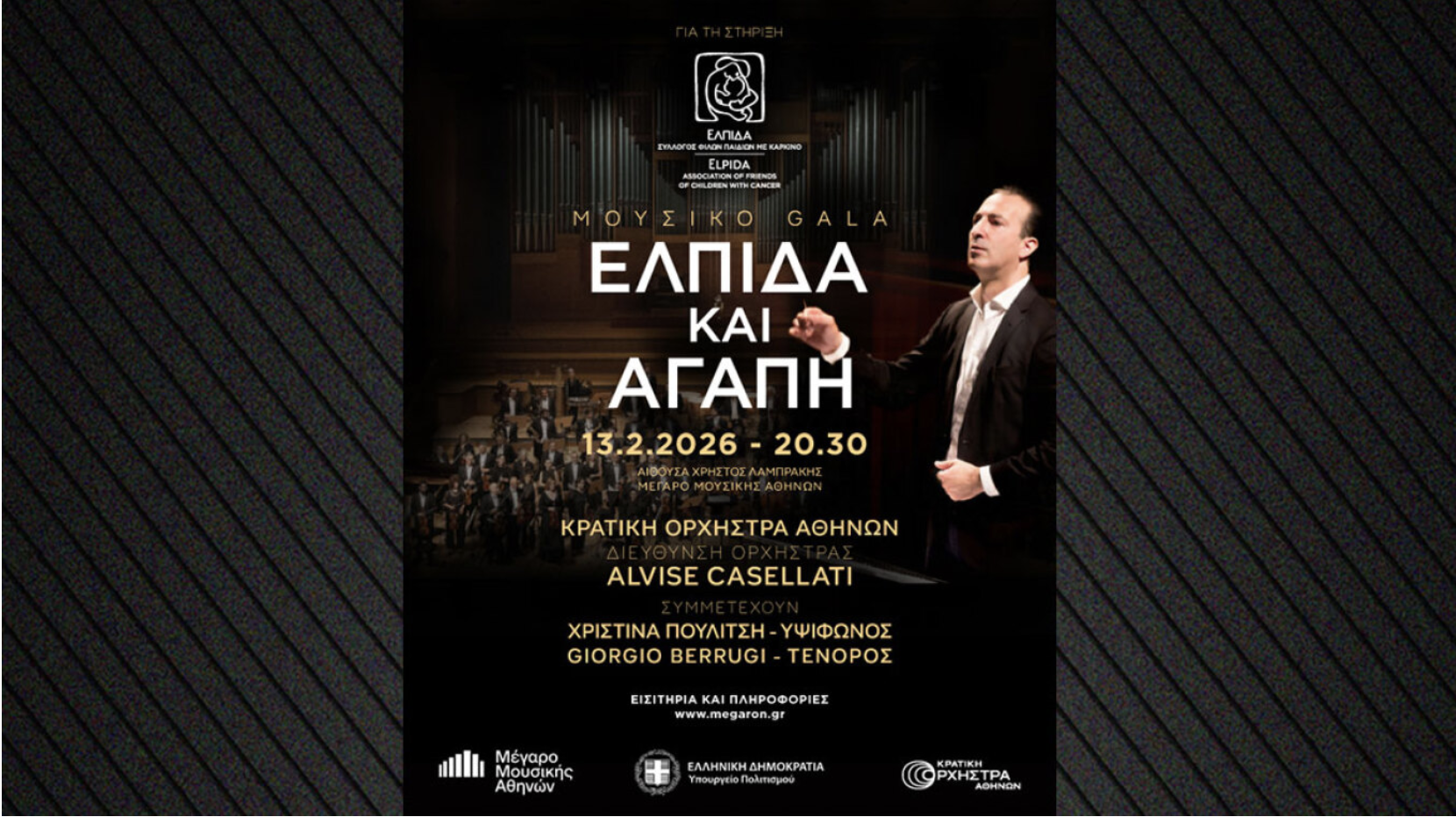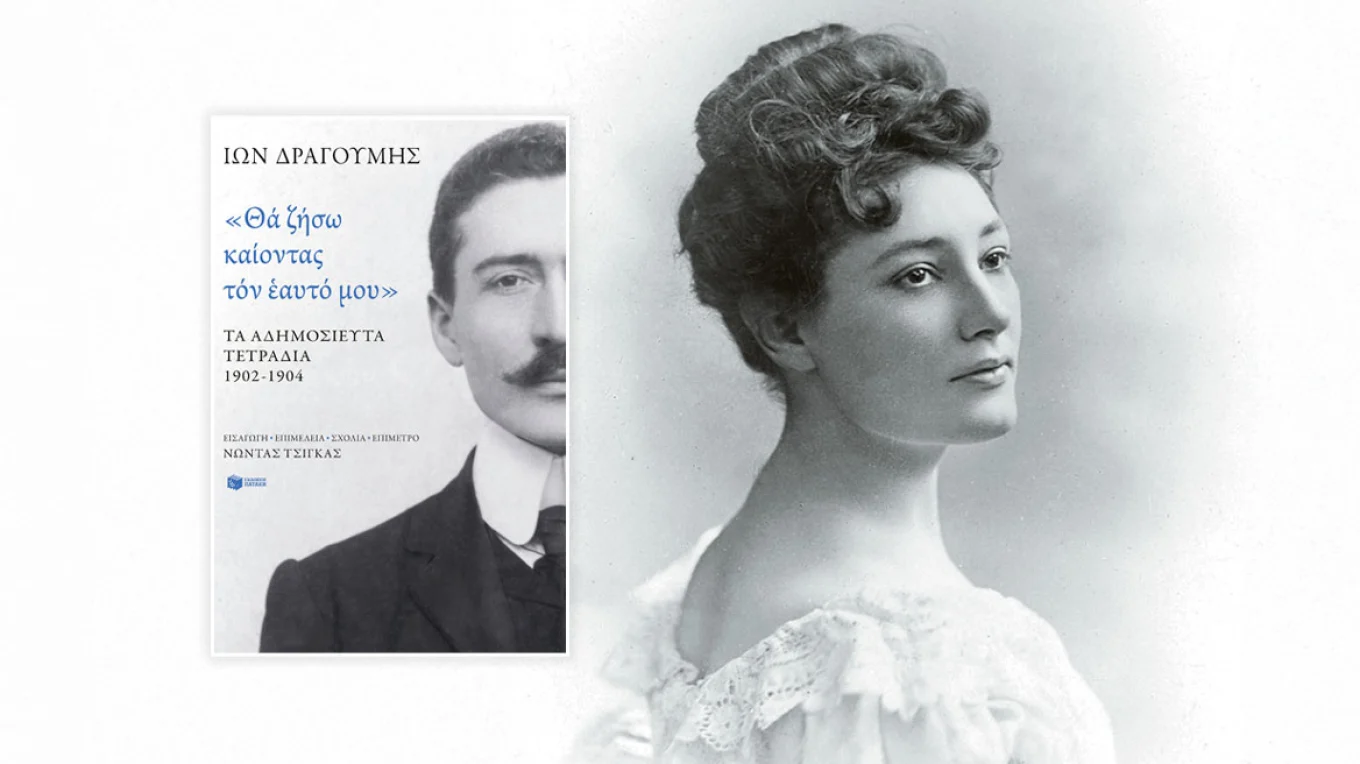Turkey has confirmed that it has blocked Austrian participation in some NATO programs due to Vienna’s constant anti-Turkish stance on various EU platforms, Turkish diplomatic sources told the Hürriyet Daily News.
“Turkey has been taking appropriate measures regarding Austria’s participation in NATO activities on the grounds that Austria brings its anti-Turkey attitude to the EU platforms,” a Turkish diplomatic said on condition of anonymity.
Turkey’s blocking of Austria, which is not a NATO member, in projects for 2017 such as ones for military training, has been continuing for months, another Turkish official confirmed.
A NATO meeting is planned for May 24 at the 28-nation alliance’s Brussels headquarters with the participation of Turkish President Recep Tayyip Erdoğan.
Austria says Turkey ‘endangers security’
In a statement sent to the BBC, Austrian Defense Minister Hans Peter Doskozil lambasted Turkey for its veto.
“I strongly condemn Turkey’s course of action in NATO. It is irresponsible behavior against Austria and strengthens my position that Turkey is very far from being part of the EU,” he said. “In this, Turkey is endangering the security interests of Europe. The blockade has a long-term impact on the peace missions in the Western Balkans.”
Diplomatic tensions between Austria and Turkey predate a current escalation with other European countries. Austrian Foreign Minister Sebastian Kurz said late last year that they wanted the freezing of Turkey’s accession talks with the EU, causing a row between the two countries.
Austria’s call came after a widespread crackdown against dissidents and those alleged to have perpetrated the failed coup in July 2016, which the Turkish government accuses U.S.-based Islamic preacher Fethullah Gülen of orchestrating.
Vienna also spoke out against rallies of the Turkish government aimed at showing solidarity with the Turkish state after the coup attempt.
The moves infuriated Ankara, which withdrew its ambassador from Vienna in August last year.
In February, Kurz also said Erdoğan was “not welcome” to hold campaign events in Austria ahead of the April 16 referendum.
Turkey lashed out at Kurz over his remarks, accusing the top diplomat of exceeding even “the most radical racist and xenophobic political parties” for his own personal political gain.
Turkey earlier used its veto power in NATO against Israel. Ankara had vetoed a number of Israeli attempts to deepen its partnership with the alliance – such as opening an office at the NATO headquarters and participating in the activities of the Mediterranean Dialogue group – on the grounds that it should first bear the consequences of its unlawful action against Turkish citizens in the Mavi Marmara massacre.
Turkey’s blockage on Israel ended as part of normalization between two countries.
Ask me anything
Explore related questions





